Finding and Consuming Digital Content
Lessons and Classroom Activities
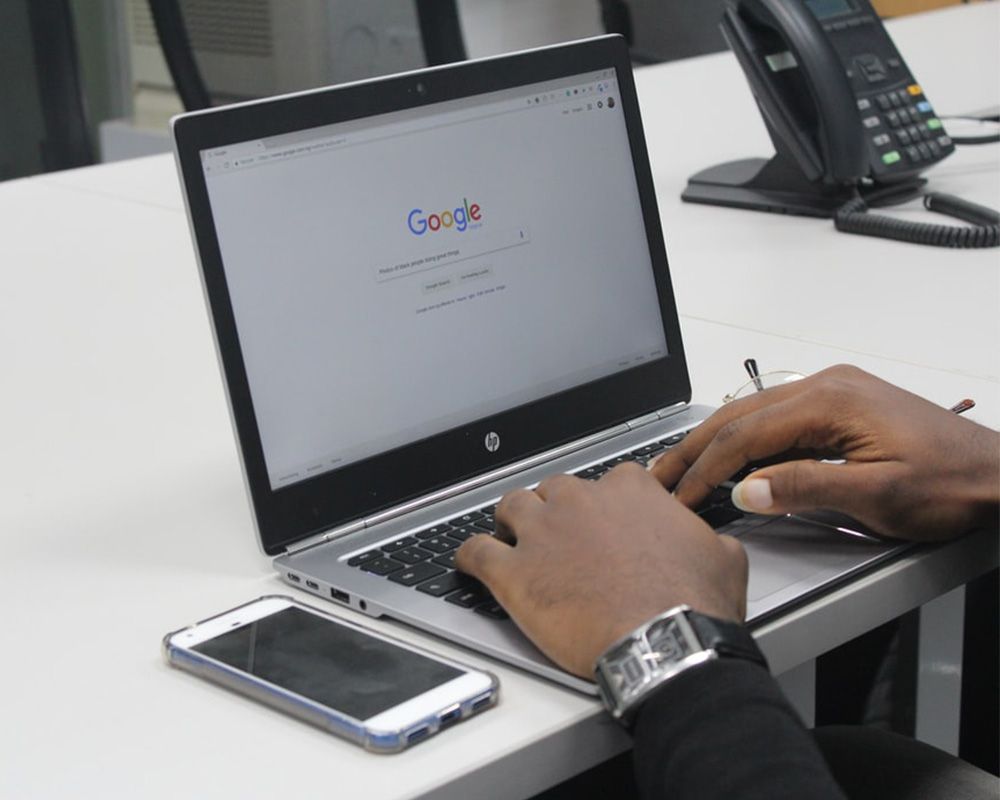
1 .Search and Research using Google
-
Teacher Guide (English)
-
Teacher Guide (Nepali)
-
Presentation Slides (English)
-
Presentation Slides (Nepali)
-
How to use Search Engines | Karkhana: A lesson from the Digital Citizenship textbook by Karkhana where we talk about search engines and better ways of using them.
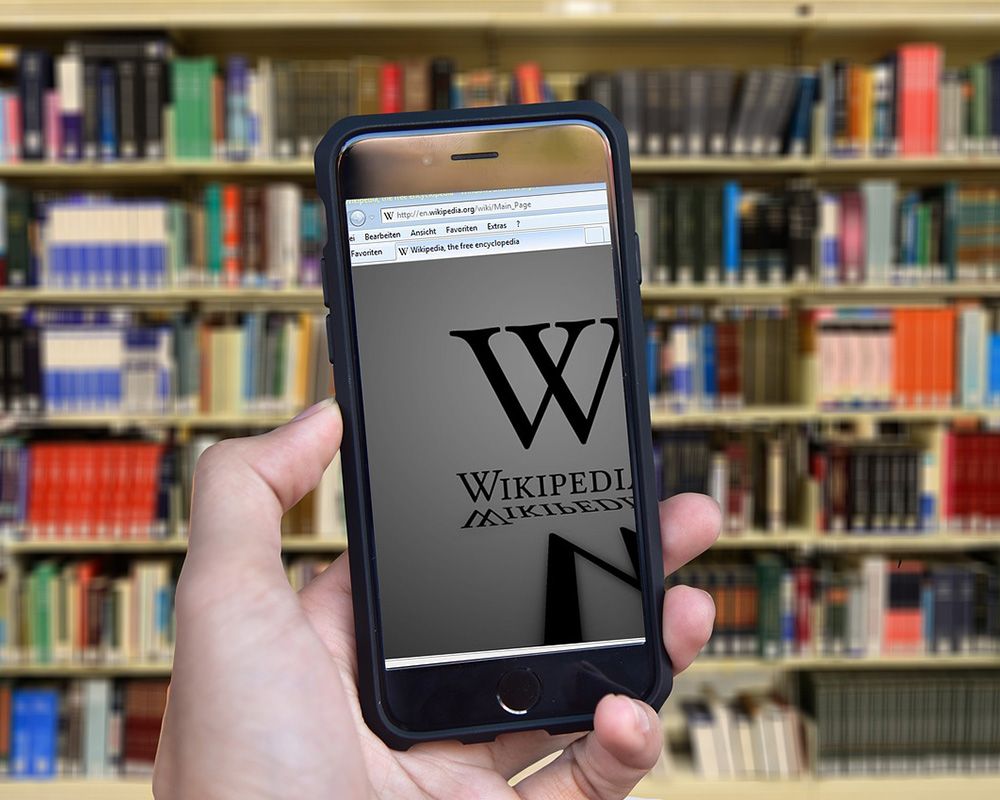
2. Wikipedia - Friend or Foe?
-
Teacher Guide (English)
-
Teacher Guide (Nepali)
-
Presentation Slides (English)
-
Presentation Slides (Nepali)
-
Wikipedia: Friend or Foe | Karkhana: a lesson from the Digital Citizenship textbook by Karkhana where we talk about Wikipedia, and its pros and cons.
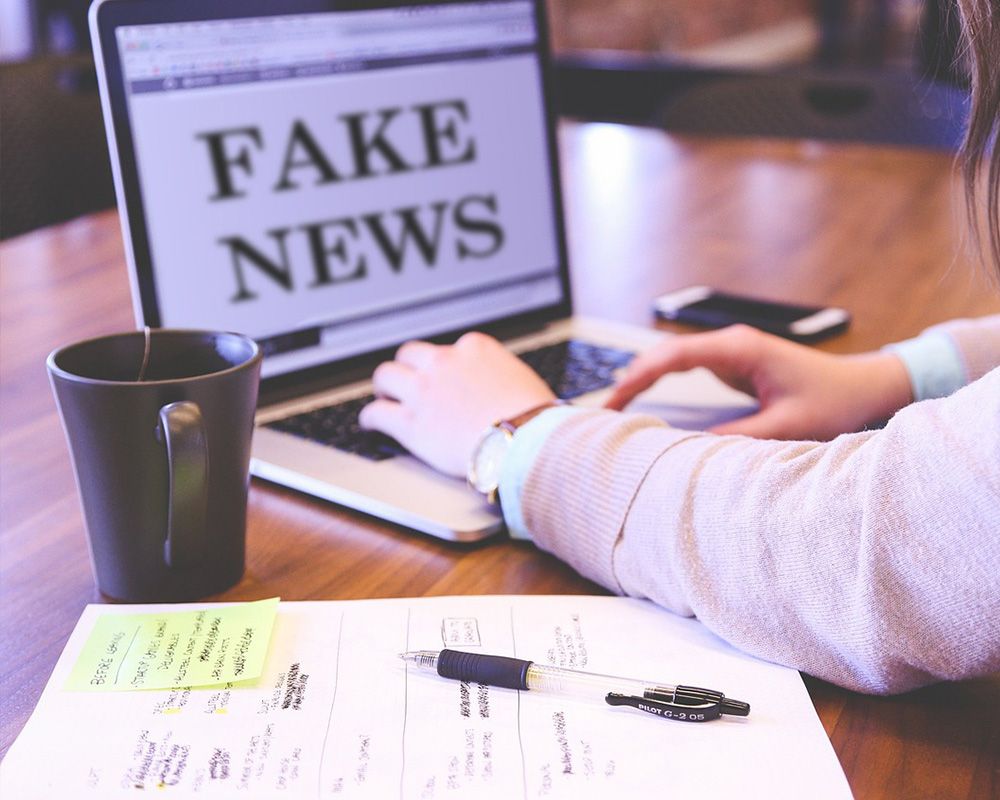
3. Why Disinformation Spreads
Karkhana Blogs
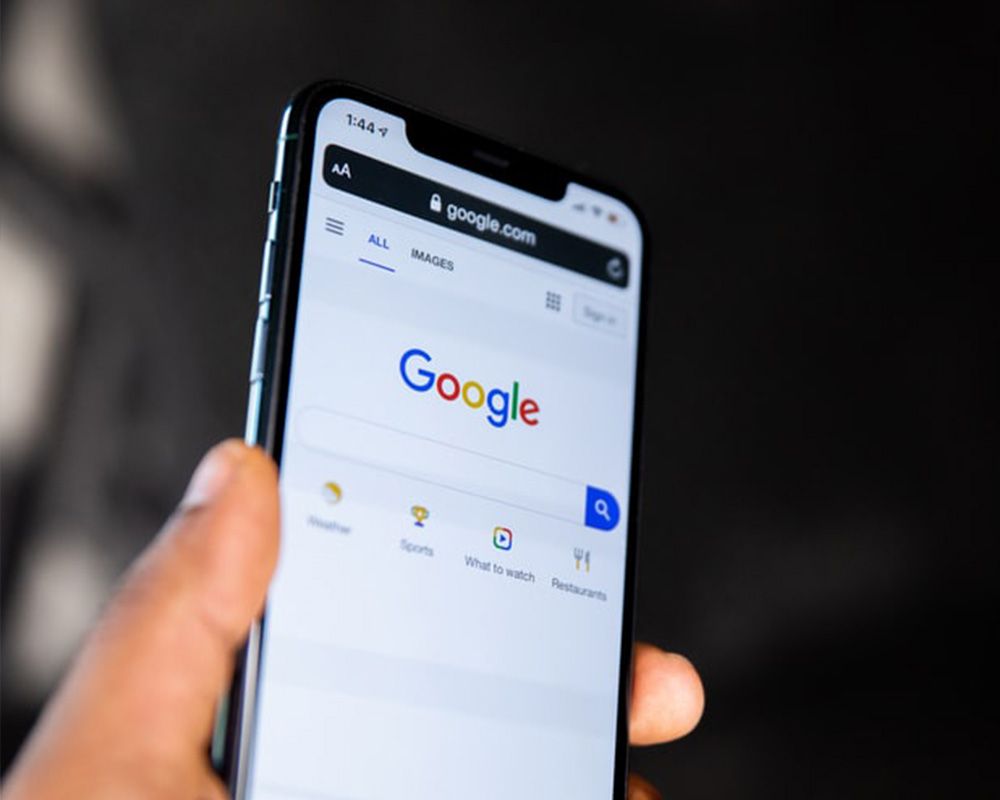
1. Search and Research using Google
-
Concerns about Google | Karkhana: This article informs the readers about some concerns people have expressed about the use of Google, so that they can be aware about the things they are indirectly a part of by supporting Google.
-
A brief introduction to Google Scholar | Karkhana: This article talks about Google Scholar, its working, drawbacks, benefits and ends with some tips on making a better use of the tool
-
Using Google Search Techniques | Karkhana: Members of Karkhana share their personal experience with using different Google search techniques

2. Wikipedia - Friend or Foe
-
Meet the Wiki Family | Karkhana: Here the reader gets acquainted with ten members(there are more) of the wiki family
-
How to check Wikipedia articles? | Karkhana: Members of Karkhana present an analysis of three Wikipedia articles, where they show the reader how to spot the red and green flags
-
Sources of Information on Wikipedia | Karkhana: Where does the information on WIkipedia come from? What sources should we trust? What are the red flags? We answer these questions in this article
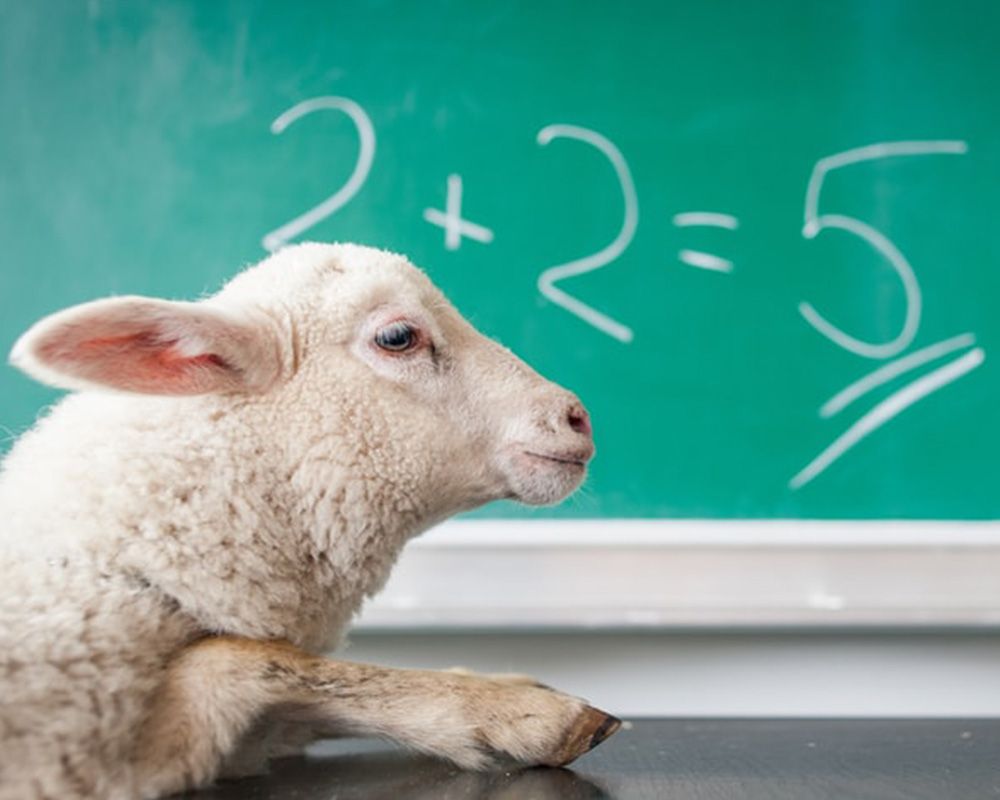
3. Why disinformation spreads
-
Is Seeing Believing? | Karkhana: Modern technology has made it easy to create convincing manipulated images. In this article, we analyze four examples of altered images and discuss debunking them.
-
Can you distinguish between real and fake news? | Karkhana : In the form of self-assessment questions this blog shows how easily fake news and satire can be mistaken for real news.
Videos
1. Search and Research using Google
How to Use Google Reverse Image Search to Fact Check Images | Common Sense Education: Common sense media teaches us how we can use the Google Reverse Image search feature
How to Find Better Information Online: Click Restraint: This video talks about a simple yet effective way to find better information - resist the urge to click and
5 Must-Have Google Search Tips for Students | Common Sense Education Common Sense media brings 5 important Google search tips for students.
Essential Google Search Tricks for Research | Common Sense Education Common Sense media talks about some Google search tricks that are useful for research.
2. Wikipedia - Friend or Foe?
Wikipedia - Behind the encyclopedia: a guide about how the world's largest encyclopedia came to be and how it operates differently than most other popular websites.
Using Wikipedia: Crash Course Navigating Digital Information: How to better evaluate information with lateral reading, and find trustworthy primary sources.
How to Use Wikipedia Wisely: Basics of how to use Wikipedia wisely.
3. Tackling Disinformation
It’s Getting Harder to Spot a Deep Fake Video This video discusses the progress made in the field of making fake videos and the possible future implications.
Debunking fake news and hoax stories Snopes.com co-founder David Mikkelson talks about how they can distinguish between fake and true stories.
The CRAAP Test Video Learn how to determine if a website is a reliable source or not.
Online Verification Skills with Mike Caulfield This playlist has short videos that teach a process to verify information.
Other Reading Resources
1. Search and Research using Google
-
What Does Google Do With My Data? The article explains how Google uses your data to help advertisers and third parties to show targeted ads in Google products, in partner websites and in mobile apps.
-
9 Alternatives to Google The above article lists 9 possible alternatives to Google along with their interesting features.
-
All the Ways Google Tracks You—And How to Stop It The above article depicts the eerie ways google tracks your data through its various services including Youtube, Gmail and ads.
-
23 Google Search Tips You'll Want to Learn The above article illustrates a list of 23 google search tips as well as operators that are worth learning to increase your efficiency while using Google’s search.
2. Wikipedia - Friend or Foe
-
Wikipedia editing rules in a nutshell - BBC A short article covered by BBC where it provides Wikipedia’s editing rules in a nutshell.
-
How Wikis Work | HowStuffWorks An informative article that covers topics like understanding Wikipedia, wiki communities, and lastly, vandalism and edit wars.
-
How Wikipedia Really Works: An Insider's Wry, Brave Account An article covered by Forbes where an insider puts his notion on the working of Wikipedia in a satirical (wry) form.
-
64 Of The Funniest Wikipedia Edits By Internet Vandals 64 examples of Wikipedia vandalism done by individuals over the internet.
3. Why disinformation spreads
-
A guide to fighting lies, fake news, and chaos online A guide to slowing down and reading up on internet news
-
#BotSpot: Twelve Ways to Spot a Bot | by @DFRLab | DFRLab Some tricks to identify fake Twitter accounts
-
Tools That Fight Disinformation Online | RAND This article provides a list of online tools that can be used to fight disinformation
-
Analysis | How misinformation on WhatsApp led to a mob killing in India This article talks about the 2018 mob lynching in Karnataka that resulted from false rumors spread through WhatsApp

